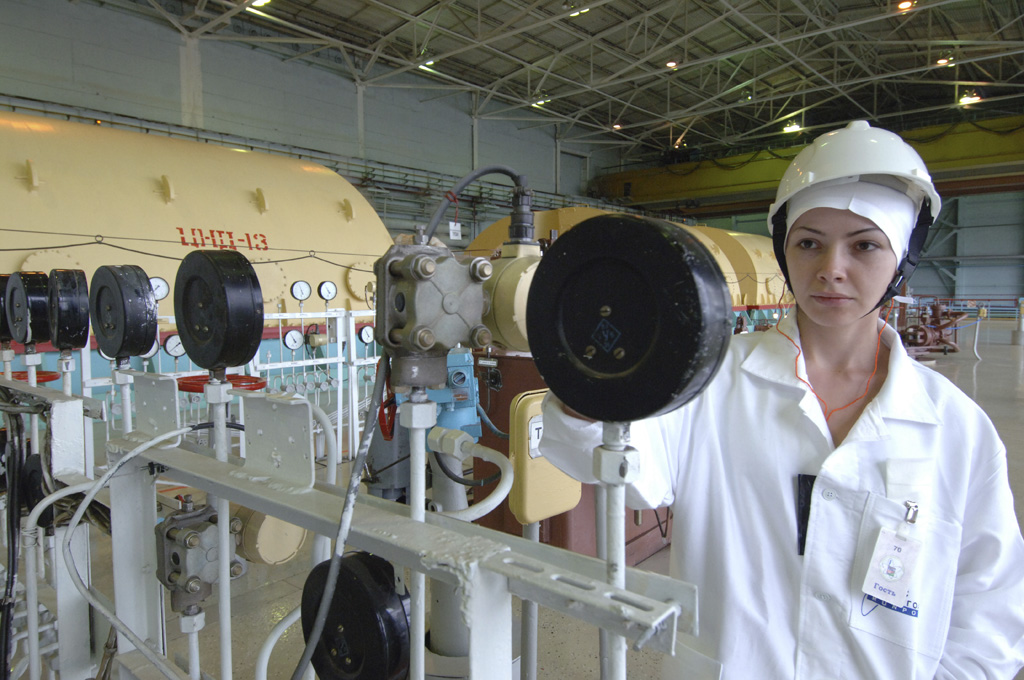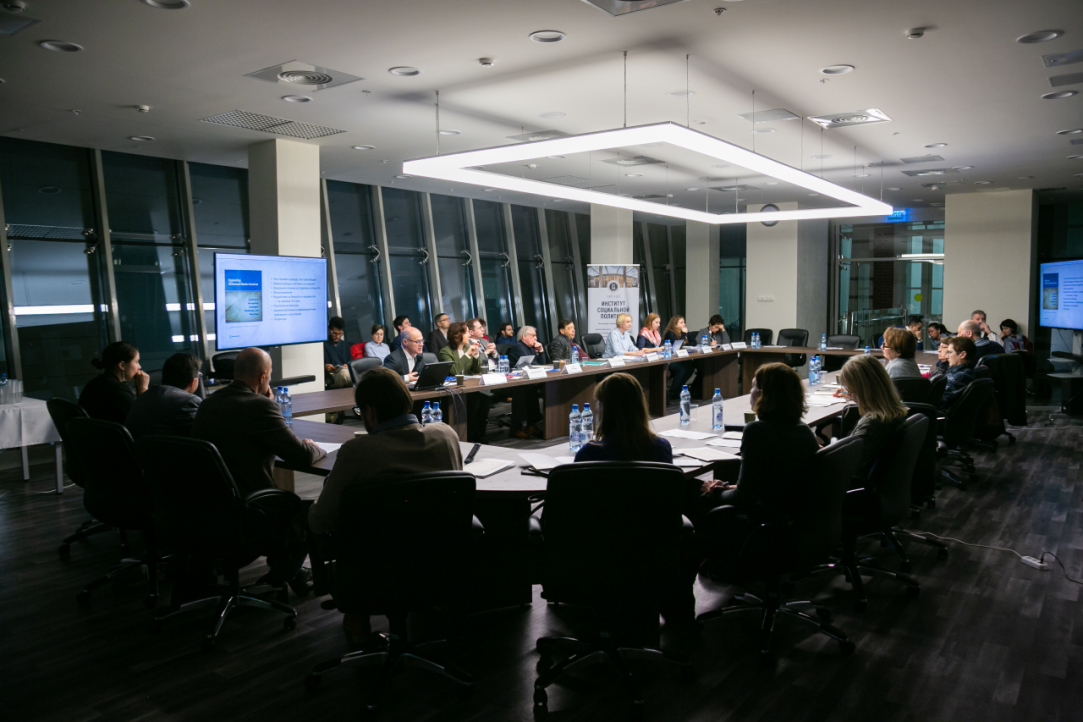
Education and Employment in ‘Hard’ Science Provide no Salary Advantages Compared to ‘Soft’ Science at Any Career Stage
HSE University economists question whether Russian STEM specialists are better paid than non-STEM specialists. They compare wages of professionals with STEM and no STEM majors, and those working in STEM and no STEM jobs and explore how the gap evolves over the life cycle. They find that there is no advantage of STEM major and STEM job over their no STEM alternative. They present their findings in a paper published in the Voprosy Ekonomiki journal.

The 'Curse' Is Lifted: Schooling Does Increase Graduates’ Salaries
Although many studies point to highly negative trends in returns to education in Russia, the situation actually appears to be stable and without any signs of overinvestment in human capital. This is the conclusion of Rostislav Kapeliushnikov, Deputy Director of the HSE Centre for Labour Market Studies and Member of the Russian Academy of Sciences. The results of his research are presented in the article ‘Returns to Education in Russia: Nowhere Below?’ published in the 8th issue of the Voprosy Ekonomiky journal.

Why Women in Russia Earn Less Than Men
On average, women in Russia earn 30-35% less than men. According to this indicator, Russia is ahead of many developed countries. The difference in earnings is primarily associated with the uneven distribution of men and women in different industries and professions, but economists cannot explain a significant portion of the discrepancy. Aleksey Oshchepkov, Assistant Professor of the Faculty of Economic Sciences at HSE University, came to these conclusions after analyzing research materials and survey data. The results are published in a chapter of the volume, Gendering Post-Soviet Space, recently published by Springer.

Ageing Forever: How Ageing of Population Affects Economics
The ageing population may turn into a serious challenge despite seniors' improving physical and mental health. Rostislav Kapelyushnikov, Deputy Director of the HSE Center for Labor Market Studies and Corresponding Member of the Russian Academy of Sciences, looked into the causes and possible consequences of falling birth rates and longer life expectancy.

HSE University Experts Analysed How Personality Affects Earnings and Career Outcomes
Openness, friendliness, tenacity, motivation, risk-taking, self-control and other non-cognitive components of human capital can be important determinants of earnings. And parental investment in their children’s non-cognitive skills affects their future academic and career success. This is set out in the work of HSE University’s Centre for Labour Market Studies (CLMS).
New IZA Discussion Paper
New joint paper by Hartmut Lehmann (CLMS Leading Research Fellow), Mikhail Ananyev (BGSE, University of Bonn) and Thomas Dohmen (University of Bonn, Maastricht University and IZA) " The Bonding Effect of Deferred Compensation: Worker Separations from a Large Firm in Early Transition Russia " is published in the IZA Discussion Paper Series.
New IZA Discussion Paper
New joint paper by CLMS Leading Research Fellow Hartmut Lehmann, CLMS Senior Research Fellow Aleksey Oshchepkov and Maria Giulia Silvagni (University of Bologna) "Regional Convergence in Russia: Estimating a Neoclassical Growth Model" is published in the IZA Discussion Paper Series.

Universal Basic Income: ‘This Is the Golden Dream of Artistic Bohemians’
The book ‘Exploring Universal Basic Income. A Guide to Navigating Concepts, Evidence, and Practices’ was presented at an HSE University event, which was organized by the HSE Institute of Social Policy. During the event, participants noted the foundational nature of the publication prepared by the World Bank experts and held an emotional debate on the prospects of introducing a universal basic income.
New IZA Discussion Paper
New research by the CLMS Director Vladimir Gimpelson and the CLMS Deputy Director Rostislav Kapeliushnikov 'Age and Education in the Russian Labour Market Equation' was published as a working paper in IZA Discussion Paper Series.
New HSE Working Paper in the Basic Research Program Series 'Economics'
The new working paper by CLMS Research Fellow Anna Zudina 'What makes youth become NEET? The evidence from Russian LFS' was published in the HSE Working Paper Series 'Economics' by the Basic Research Program .
